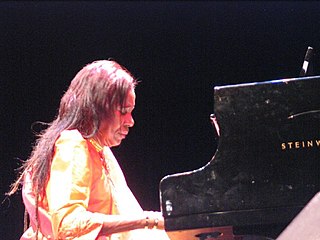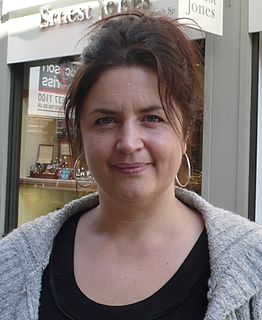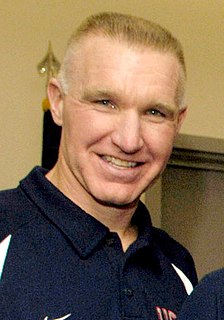A Quote by Gary Ross
My '50s were different than other people's '50s. The myth didn't permeate our world, 'Donna Reed' and all that. I longed for that, I wanted to be like other normal families on TV.
Related Quotes
I think the years on 'The Donna Reed Show,' the years from 14 to 19, were so incredibly important. Donna Reed was simply an extraordinary woman, a woman of great strength, kindness, integrity and compassion. I am not trying to make her sound like a saint, but she had the most profound influence on me. I carry her with me today.
I think Hollywood has gone in a disastrous path. It's terrible. The years of cinema that were great were the '30s, '40s, not so much the '50s...but then the foreign films took over and it was a great age of cinema as American directors were influenced by them and that fueled the '50s and '60s and '70s.
If you'd asked me when I was younger what life would be like in my 50s, I'd probably have imagined someone like my grandmother. I'd have looked like a little old lady who went for a shampoo and set every week. But it's funny - when you get to your 50s it's not like that at all because apart from a few aches and pains, I feel like I'm in my 30s.



































